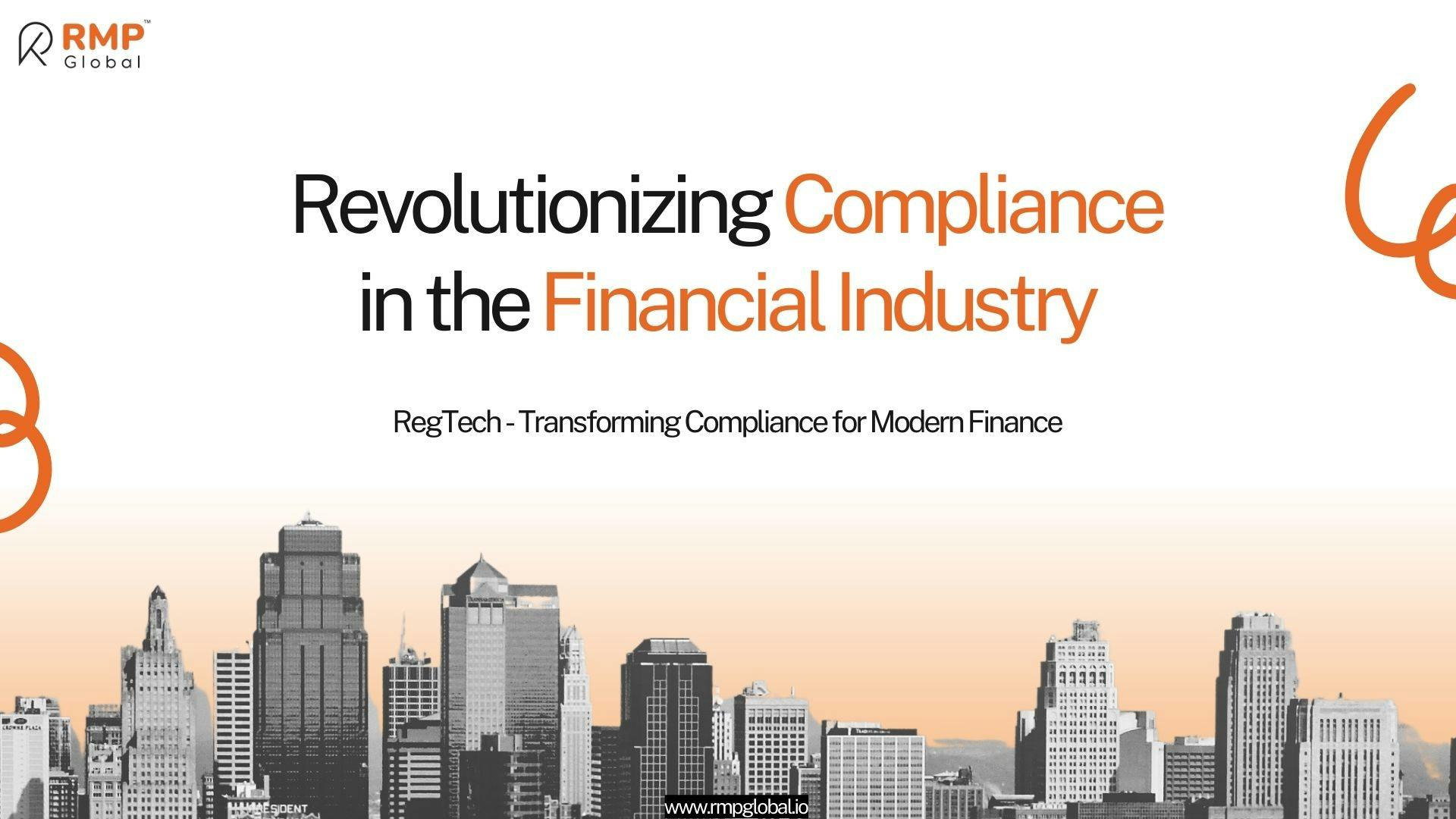
Share
In today’s fast-paced and highly regulated financial environment, the task of staying compliant with ever-changing regulations can be daunting. RegTech, short for Regulatory Technology, is utilized to streamline and automate regulatory compliance processes by leveraging advanced technology, particularly Artificial Intelligence and Machine Learning.
What is RegTech?
RegTech, known as Regulatory Technology, refers to the use of advanced technology to ensure that financial institutions comply with regulations efficiently and effectively. Regulatory challenges are addressed, compliance costs are reduced, and the accuracy and speed of compliance activities are improved through this solutions. The increasing complexity of regulatory requirements is managed more effectively, providing significant relief for compliance teams.
Key Benefits of RegTech
- Efficiency and Cost Reduction: Routine compliance tasks are automated by RegTech solutions, significantly reducing the time and resources required. Human errors are minimized through this automation, allowing compliance teams to focus on more strategic activities. For example, the process of monitoring transactions for suspicious activities. Which previously required a large team of analysts, can now be automated by banks.
- Improved Accuracy: Vast amounts of data are quickly and accurately analyzed by RegTech tools leveraging AI and ML. The risk of regulatory breaches is reduced as compliance reports and monitoring activities are made more precise. Patterns and anomalies in transaction data, which human analysts could easily overlook, can be identified by AI algorithms.
- Real-Time Monitoring: Real-time monitoring and reporting capabilities are provided by RegTech. Potential compliance issues are identified proactively before they escalate, enabling timely corrective actions. In high-frequency trading environments where transactions occur at high speeds, real-time monitoring proves particularly valuable.
- Scalability: RegTech solutions scale accordingly as financial institutions grow and regulations evolve. Compliance is maintained without the need for significant additional investments due to this flexibility. Increasing volumes of data are handled by cloud-based RegTech solutions. Which can easily scale up as a financial institution expands its operations.
Applications of RegTech
- Regulatory Reporting: The generation and submission of regulatory reports are automated to ensure timely and accurate compliance with regulatory requirements. For instance, reports detailing their capital adequacy and risk exposures must be regularly submitted by banks to regulators.
- Risk Management: Risks associated with regulatory compliance are identified, assessed, and mitigated using advanced analytics. Fraudulent activities are detected, and adherence to anti-money laundering (AML) regulations is ensured. Potentially suspicious activities are flagged by analyzing customer behavior and transaction patterns with RegTech tools. Helping institutions comply with AML requirements.
- Compliance Monitoring: Transactions and activities are continuously monitored to ensure compliance with relevant regulations. Suspicious activities are automatically alerted. For example, trading activities are continuously monitored by a RegTech solution to ensure compliance with market abuse regulations, generating alerts if any suspicious patterns are detected.
- Identity Verification: Know Your Customer (KYC) processes are enhanced by automating identity verification and customer due diligence activities. National databases are integrated with RegTech solutions, and biometric data is used to verify customer identities quickly and accurately, reducing the risk of identity fraud.
The Future of RegTech
The future of RegTech appears promising. with continuous advancements in AI and ML paving the way for even more sophisticated solutions. Here are some trends to watch:
- Increased Adoption; As regulatory pressures mount, more financial institutions are expected to adopt RegTech solutions to stay compliant efficiently. Smaller financial institutions, in particular, are expected to increasingly turn to RegTech to manage compliance without incurring prohibitive costs.
- Integration with Blockchain: Transparency, security, and traceability in regulatory processes can be enhanced by combining RegTech with blockchain technology. Immutable records of transactions can be created using blockchain, making it easier for regulators to verify compliance.
- Expansion Beyond Finance: While currently focused on the financial sector, other regulated industries, such as healthcare and real estate, have the potential to benefit from RegTech solutions. In healthcare, for example, RegTech can help manage compliance with patient data protection regulations.
- Enhanced Collaboration: Closer collaboration between regulatory bodies and financial institutions is expected to develop standardized RegTech solutions that ensure seamless compliance. Industry-wide platforms for compliance management could be created through this collaboration, reducing duplication of efforts and improving overall efficiency.
Conclusion
The way regulatory compliance is managed by financial institutions is being revolutionized by RegTech. Significant benefits in terms of efficiency, accuracy, and scalability are offered by this solutions by harnessing the power of AI and ML. As the regulatory landscape continues to evolve, organizations will increasingly rely on RegTech to remain compliant while focusing on their core business activities.
Website: Ai Extensive
This article is only a knowledge-sharing initiative and is based on the Relevant Provisions as applicable and as per the information existing at the time of the preparation. In no event, RMP Global or the Author or any other persons be liable for any direct and indirect result from this Article or any inadvertent omission of the provisions, update, etc if any.
